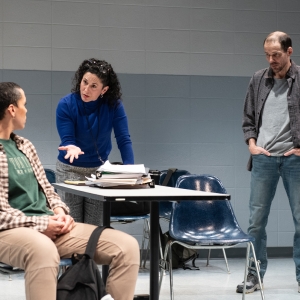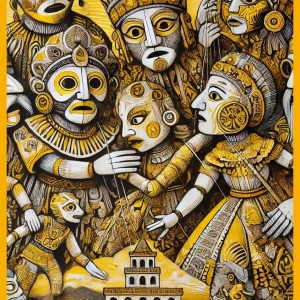1

Review: THE SCENARIOS at Studio Theatre
The play The Scenarios successfully proves the fact that it is impossible to fit the messiness and vagaries of life into the role-playing scenarios (that are well-intentioned) that society often employs to help with remediation and beneficial effects. This World Premiere that is being presented by Studio Theatre is an intriguing concept of a play that is very solidly produced by a tight acting ensemble, but I wish it could have been a bit longer to develop the backstories of the characters.
2

3

Interview: Theatre Life with Liz Larsen
Today’s subject Liz Larsen has been living her theatre life for many years turning out stellar performances onstage, on many recordings, and beyond. You can currently see her knockout talents at Arena Stage in the new musical The Bedwetter which runs through March 16th in Arena’s Kreeger Theatre space.
4
